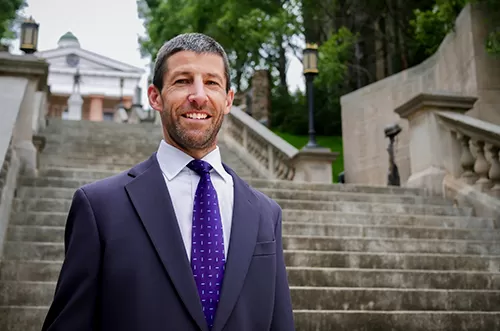Myers Controlled Power, LLC v. Gold (Truland Grp., Inc.), 2019 U.S. Dist. LEXIS 88127, 2019 WL 2251704 (E.D. Va. May 24, 2019)
The Washington Metropolitan Area Transit Authority (“WMATA”) engaged Clark Construction Group, LLC (“Clark Construction”) to serve as the prime contractor on the Orange and Blue Lines project. Clark Construction subcontracted with Truland Walker Seal Transportation, Inc. (“TWST”), one of several affiliated companies performing electrical contracting work under the name “Truland.” The subcontract between Clark Construction and Truland included a “flow-down” provision requiring TWST to pay all subcontractors and suppliers. TWST decided to use Myers Controlled Power, LLC (“Myers”) as a second-tier subcontractor to provide electrical equipment and switches. Myers did not contract with TWST directly; rather, it signed a supplier subcontract with Nationwide Electrical Services, Inc. (“NES”), a disadvantaged business enterprise. Myers sent all but one of its invoices to NES, but took its directions exclusively from TWST.
In 2014, Truland became unable to make the required flow-down payments to suppliers and subcontractors. Myers notified TWST and Clark Construction that it would cease delivering equipment until payments resumed. Clark Construction refused a request for direct payments to Myers and insisted on joint checks to Myers and TWST. Based on Clark Construction’s representations about the joint check agreement, Myers released $1.8 million in equipment on May 27, 2014. On June 16, 2014, the parties executed the Joint Check Agreement (“JCA”). On June 18, 2014, Myers released an additional $250,000 in equipment. On July 11, 2014, Clark Construction delivered a check jointly payable to TWST and Myers in the amount of $2,107,039.86, which TWST endorsed and was later sent to Myers.
On July 23, 2014, TWST filed for bankruptcy, which was jointly administered with those of the Truland Group, Inc. and its subsidiaries. In July of 2016, the trustee instituted this adversary proceeding to recover the $2,107,039.86 paid to Myers under the JCA as an avoidable transfer under 11 U.S.C. § 547(b). After a trial on the merits in February and March of 2018, the bankruptcy court found that Myer was TWST’s creditor at the time of the transfer in July of 2014, the joint check was properly part of the bankruptcy’s estate as of that date, the JCA and resulting payment constituted an avoidable transfer from TWST to Myers, the exchange of equipment for compensation was not “substantially contemporaneous” so as to be covered by 11 U.S.C. § 547(c)’s defense to avoidance, and that the trustee was entitled to recover the $2,107,039.86 plus prejudgment interest at the federal rate. Myers appealed.
The District Court affirmed the Bankruptcy Court’s judgment. To the extent the $2,107,039.86 joint check endorsed by TWST and delivered to Myers can be deemed to have been held by TWST in constructive trust in favor of Myers, that constructive trust only came into existence through the JCA, which was executed within the 90-day window under 11 U.S.C. § 547(b)(4)(A) and is correctly characterized as an avoidable transfer. The bankruptcy court correctly applied the principles set forth in case like Napolitano v. Vibra-Conn, Inc (In re R.J. Patton Co.) and Dal-Tile Corp. v. Reitmeyer (In re Buono) to conclude that the check proceeds were part of TWST’s estate for purposes of 11 U.S.C. § 547(b), which was based on the appropriate finding that JCA and the joint check issued under the JCA constituted an inseparable two-part process in which TWST agreed to transfer its interest in that payment from Clark to Myers.
Based on the Bankruptcy Code’s broad definition of “creditor” (11 U.S.C. § 101(10)(A)) and “claim” (11 U.S.C. § 101(5)(A)) and the purpose of the Bankruptcy Code’s provision on avoidable transfers, the bankruptcy court correctly concluded Myers qualified as a “creditor” of TWST during the relevant period because, under Virginia law, Myers would have a quantum meruit claim against TWST for the benefit of the equipment it delivered to TWST. Therefore, the $2,107,039.86 joint check endorsed by TWST and delivered to Myers pursuant to the JCA constituted an avoidable transfer for purposes of 11 U.S.C. § 547(b).





